#Epoxy flooring in Bhopal
Enhance productivity in Bhopal industrial projects with Sunanda’s Durable Epoxy Flooring Systems
16 National Offices
5 International Offices
45+ Years in the Industry
5% Annual Revenue Invested in R&D
Book a free consultation with our epoxy flooring experts.
Leakage Problem Solutions We Offer
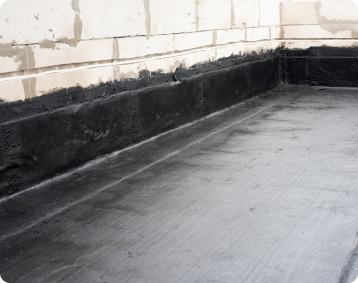
SUNEPOXY SL UNDERLAY
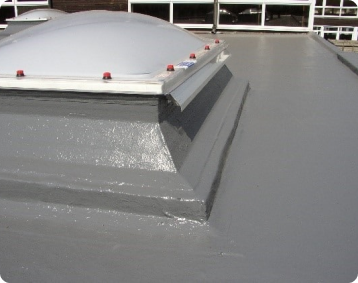
SUNEPOXY AS
Combines sustainability with static control, offering microbial resistance for defence and precision facilities.
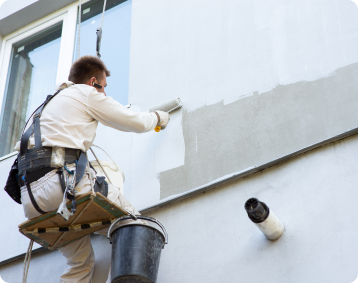
SUNEPOXY EI
Reinforces high‑voltage protection with an advanced epoxy insulation barrier built for long operational life.

SUNEPOXY FLR HB
Waterproof and resilient, it withstands heavy operations while maintaining hygiene across production floors.

SUNEPOXY SL TOPCOAT

SUNEPOXY PU
Offers elasticity and rigidity in balance, performing well in heavy‑traffic parking or vehicular areas.
Key Projects

Key Projects

Key Projects
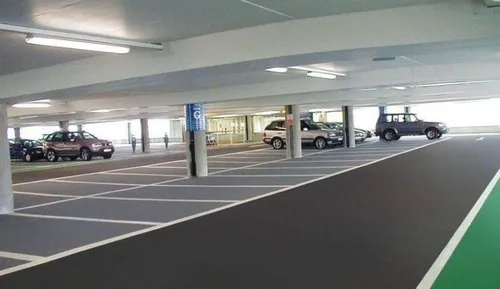
Key Projects
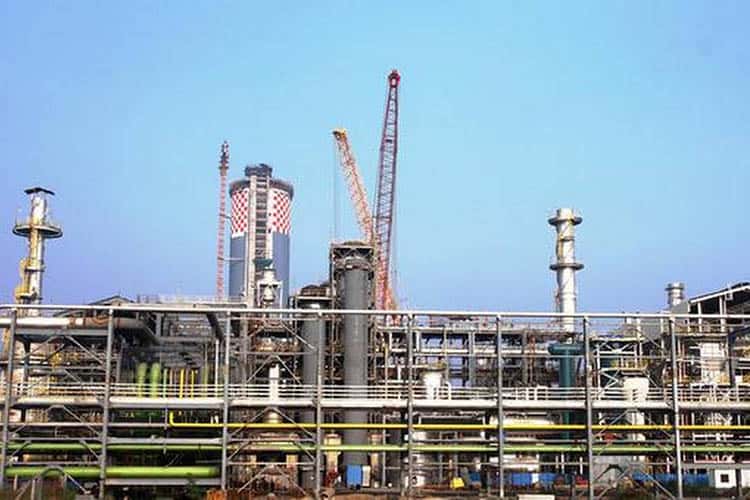
Why Choose Us?
Experienced Professionals
Our epoxy experts bring local insight into Bhopal’s industrial estates and building standards, ensuring quality performance every time.
Transparent Pricing
We combine transparent pricing with reliable project assessment, helping local enterprises plan flooring upgrades efficiently.
45 Years of Experience
Backed by decades in flooring technology, we understand the requirements of Bhopal’s precision engineering and water treatment sectors.
Proven Track Record
Our successful work in Bhopal’s public and private industrial projects demonstrates unmatched product reliability and execution.
Awards and Recognition
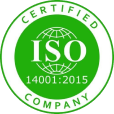
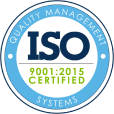

Frequently Asked Questions (FAQ)
Q. Can epoxy flooring withstand exposure to cleaning chemicals and disinfectants?
Yes. Industrial-grade epoxy floors are highly resistant to acids, alkalis, solvents, and disinfectants, making them ideal for factories, food processing units, and pharmaceutical facilities that undergo frequent cleaning.
Q. How does epoxy improve safety and hygiene in production areas?
Epoxy flooring creates a seamless, non-porous surface that prevents dirt, dust, and bacteria from accumulating. It also supports color-coded zones, anti-slip textures, and reflective finishes—improving both workplace hygiene and visibility for safer operations.
Q. What preparation is needed before coating concrete in older factory floors?
Older concrete surfaces need to be cleaned, repaired, and mechanically ground to remove oil, grease, or loose materials. This ensures the epoxy bonds properly and delivers a smooth, durable finish that won’t peel or blister.
Q. Can epoxy be used to repair and level damaged surfaces before coating?
Yes. Epoxy mortars and self-leveling compounds can fill cracks, holes, and uneven areas before applying the final coating, creating a strong, uniform surface that restores the floor’s structural integrity.
Q. What is the average lifespan of industrial epoxy floors in Bhopal’s environment?
In Bhopal’s moderate climate, epoxy floors typically last 8–12 years with proper maintenance. Regular cleaning, prompt spill removal, and occasional topcoat renewal can further extend their lifespan and performance.
 Skip to content
Skip to content

